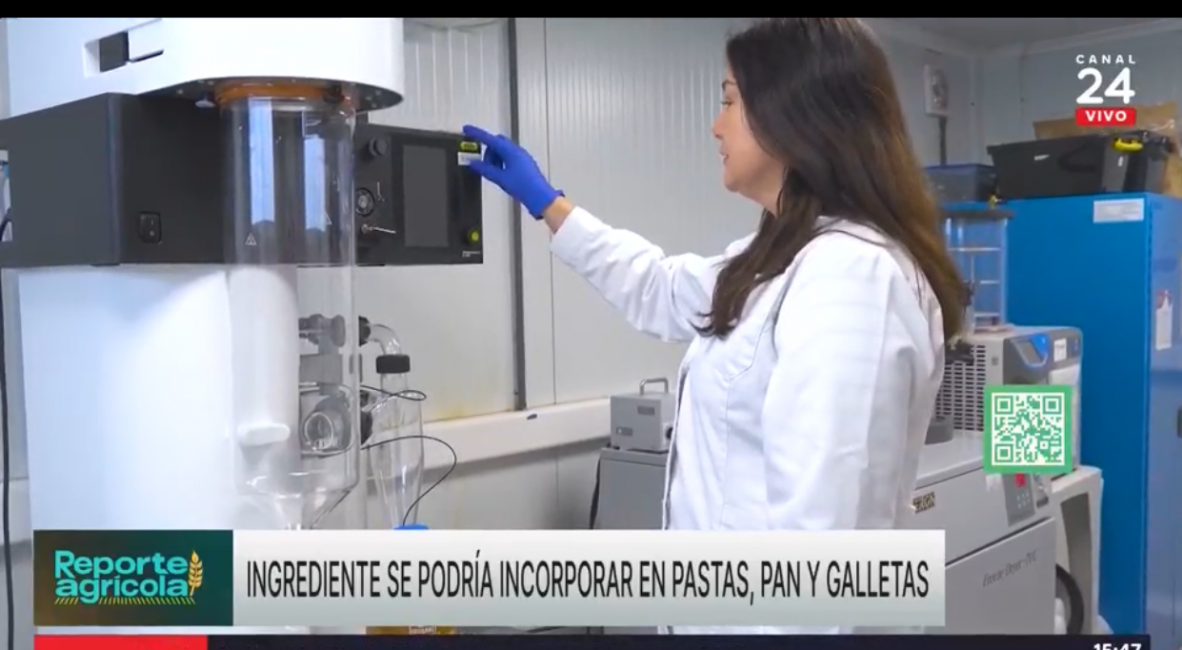Researchers from the School of Nutrition and Dietetics are developing a bioactive food ingredient to reduce the glycemic impact of food.
Obesity and diabetes have become some of the most common diseases in the world. In response to this reality, a researcher at Universidad de los Andes School of Nutrition and Dietetics, Ingrid Contardoaims to develop a bioactive food ingredient that reduces the glycemic impact of foods.

The project involves developing a prototype ingredient extracted from green algae, wich has the capacity to significantly reduce the glycemic index of mass-consumption starchy foods such as pasta, cookies, bread and cakes.
"This ingredient will not only reduce the glycemic impact of food but will also act as a functional fiber and prebiotic, meaning it will reach the colon to nourish microorganisms beneficial to intestinal health," explains the academic from the School of Nutrition and Dietetics at Universidad de los Andes.
Currently, the project is in the laboratory stage, conducting tests to extract the bioactive ingredient from green algae, along with its physical, chemical and rheological characterization.
"We are working on incorporating this ingredient into pasta, ensuring it remains stable and can withstand manufacturing, cooking, and digestion processes, as we aim for it to exert its action specifically at the gastrointestinal level," details the academic.
The objective is for this natural additive to reduce the glycemic index of foods, leading to better control of glucose release after ingestion.
"The next steps are standardizing the extraction and purification processes of the bioactive food ingredient, followed by its characterization to validate that its composition delivers the required bioactive properties you need. Then, it will be incorporated into a mass-consumption starchy food such as pasta to validate at the laboratory level that it effectively delays the release of glucose from these foods, allowing them to be consumed without negatively impacting health," adds researcher Ingrid Contardo.
The potential social impact of this development is significant. The ingredient will allow the diversification of functional fibers for incorporation into formulations of mass-consumption products rich in starch.
"This will impact the health of children, adults and elderly individuals with obesity problems and will offer functional foods that can modulate the glycemic index. In addition, it will act as a prebiotic, favoring the growth of intestinal bacteria beneficial to health," concludes the academic of School of Nutrition and Dietetics at Universidad de los Andes.

